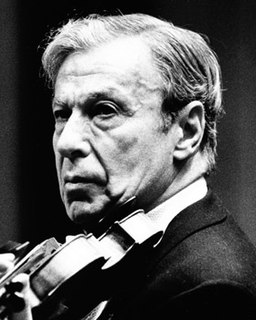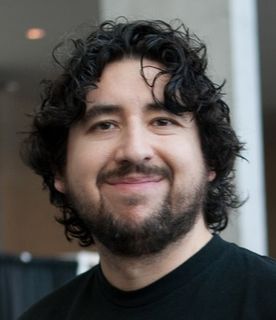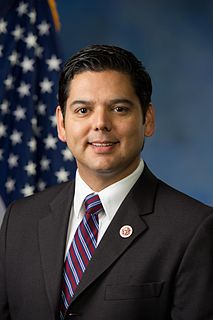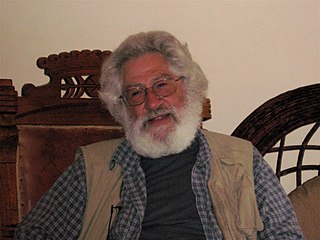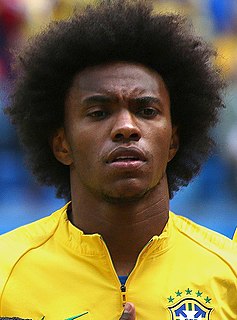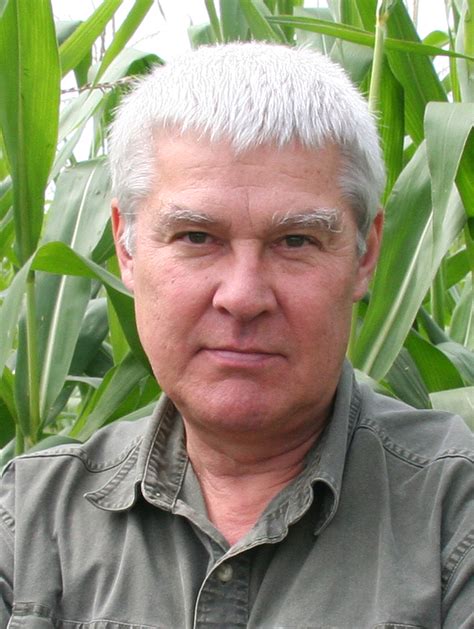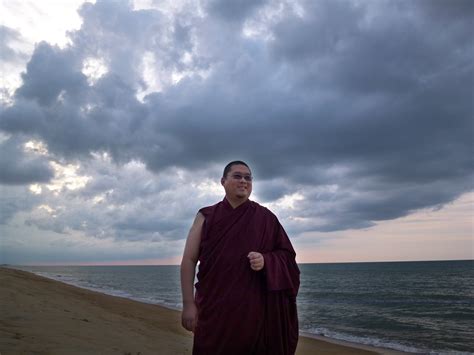A Quote by Michael J. Gelb
As you embrace the process-oriented approach described in The Practicing Mind, you'll achieve better results in any endeavor.
Related Quotes
When it comes to sticking to your resolutions, research has shown that 'action-oriented' resolutions have a better chance of being upheld than 'idea-oriented.' For example, a resolution to lose weight is really only an idea with nothing actionable to do. However, sticking with that goal in mind, you could make the resolution action-oriented by saying 'get up 30 minutes earlier every Monday, Wednesday and Friday and do a 20-minute workout at home before work.' Now you have an actionable path on how to achieve your goal.
There are two kinds of filmmaking: Hitchcock's (the film is complete in the director's mind) and Coppola's (which thrives on process). For Hitchcock, any variation from the complete internal idea is seen as a defect. The perfection already exists. Coppola's approach is to harvest the random elements that the process throws up, things that were not in his mind when he began.
It's no use practicing too much. First you have to find out how to do it best. You have to be able to invent ways of doing better. Not only practice; obviously you have to practice. But to invent things how to do better. If somebody doesn't know what invention means, he should stop violin playing! You can't explain everything... Not practicing only: Think how to achieve quality.
You should diligently play scales and fingerpractices. There are many, however, who believe they'll achieve all, by practicing daily on technique for hours on end, up till high age. It's like practicing every day to enumerate the alfabet faster and faster. One would think one could make better use of their valuable time.
Sometimes it's an external approach where one can learn the skills required, let's say, learn to play the trumpet and in that process other things happen. It's magical: through the process of practicing four hours a day you start focusing on emotion and when you pick up the trumpet it's filled with feeling.
When I became a judge, I stopped being a practicing attorney. And that was a big change in role.The role of a practicing attorney is to achieve a desirable result for the client in the particular case at hand. But a judge can't think that way. A judge can't have any agenda, a judge can't have any preferred outcome in any particular case and a judge certainly doesn't have a client.
If you want to achieve your highest aspirations and overcome your greatest challenges, identify and apply the principle or natural law that governs the results you seek. How we apply a principle will vary greatly and will be determined by our unique strengths, talents, and creativity, but, ultimately, success in any endeavor is always derived from acting in harmony with the principles to which the success is tied.
Gymnasts, lazy people, complainers and successful people have all practiced to be what they are good at. So if you keep practicing being lazy, you will be lazy. If you keep practicing complaining, you will constantly complain. If you practice compassion, generosity, patience, working hard and having a bigger vision, you will become better at it with time because you will create the causes to become better. You are practicing to become better.



